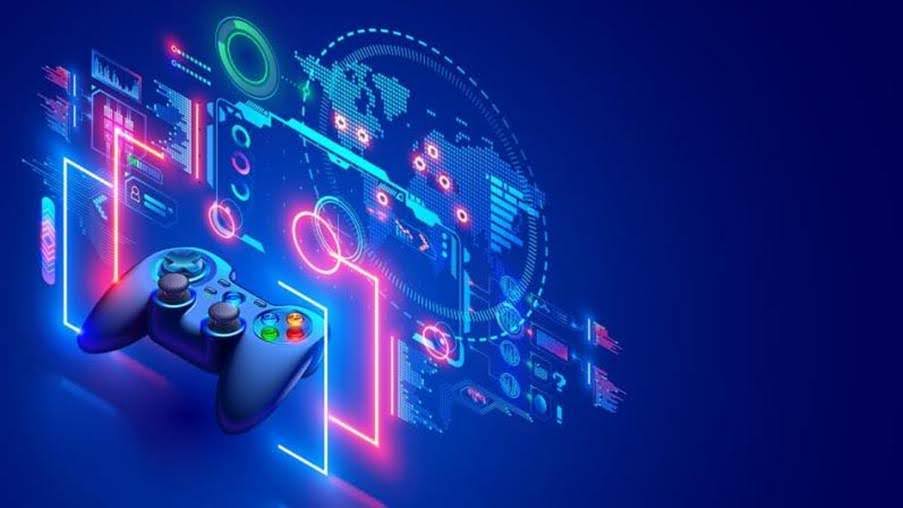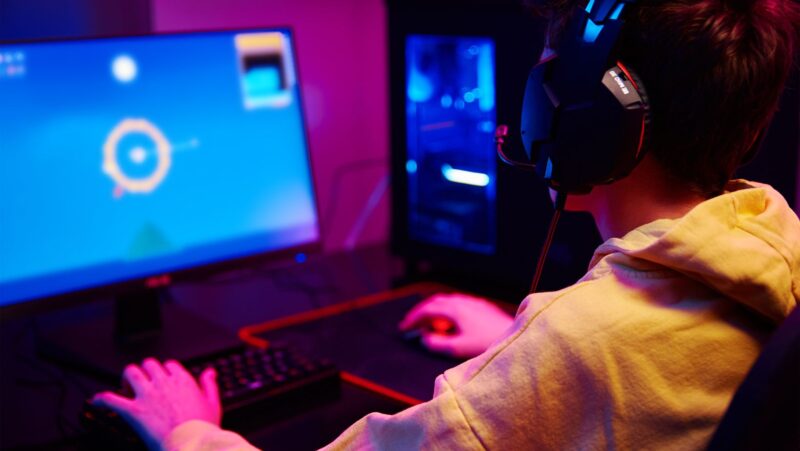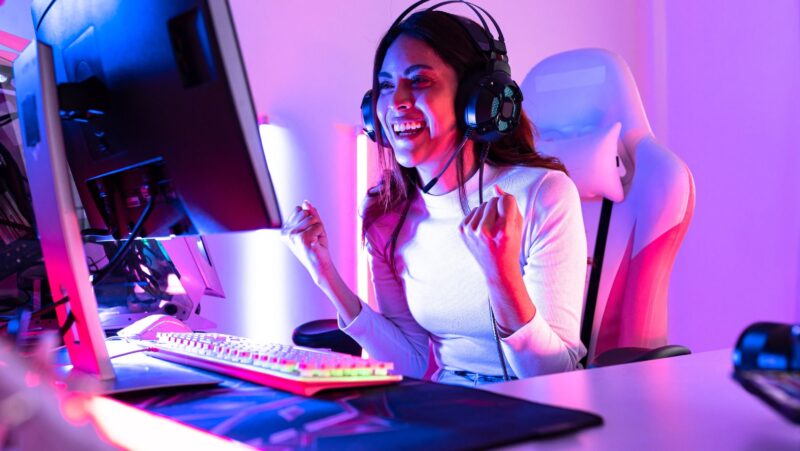The Rise of Digital Ownership in Gaming and Why It Matters for Players

The gaming industry has always been about entertainment, creativity, and competition. But in the last decade, a new concept has transformed how players interact with games: digital ownership. From skins and cosmetic items to entire digital economies, players are now able to own, trade, and profit from their in-game assets in ways that were once unimaginable.
What Digital Ownership Means in Gaming
Ownership in the digital realm means that players are able to own their game items, from skins to items of collection, as they own physical products. These products can be traded, sold, or saved as long-term investments. Unlike older games in which items are stored within a single account, new platforms are creating ecosystems that provide players with more control over what is in their inventories.
Skins themselves, for example, are possibly the most recognized form of digital property. CS:GO and Fortnite have made skins a gaming culture norm in which products are worth so much because they are rare, aesthetically pleasing, and sought after. Some of these rare skins have been sold for thousands of dollars, demonstrating just how enormous this virtual economy is.
Why Skins Are More Than Just Cosmetics
Skins may seem on the surface to be cosmetic add-ons. But to many players, they are status symbols, collector’s items, and even investments. The psychology of skins is one of identity, players want their characters or weapons to reflect their personal style.
In competitive gamesq, skins can also be a badge of experience. A rare CS:GO skin, for instance, not only provides visual flair but also conveys dedication and long-term investment in the game. This intersection of utility, status, and value is what has placed skins at the center of digital ownership.
The Role of Platforms in Supporting Digital Ownership
Without secure marketplaces, digital ownership would remain limited. Skin trading platforms are essential because they allow players to safely buy, sell, and manage their items. Platforms like skinomat.com make the process transparent, giving players confidence that their assets are secure and fairly valued.
By providing structured trading, these marketplaces unlock the real potential of digital ownership. Instead of items being trapped within a single game, players can treat them as assets within a larger digital economy.
The Broader Impact on Gaming Communities
Digital ownership isn’t just changing how players interact with games. It’s reshaping entire communities. Esports teams, streamers, and influencers use skins as part of their branding and fan engagement. Giveaways, sponsorships, and community events often revolve around skins, creating stronger bonds between players and creators.
Even major outlets like GameSpot and Esports Insider highlight how digital ownership is influencing the esports ecosystem. As more games adopt item trading and player-driven economies, communities will continue to grow around this shared value system.
Looking Toward the Future
The future of digital ownership is set to expand with new technologies. Blockchain integration, NFTs, and cross-platform compatibility could make it possible to carry skins across multiple games or even use them in entirely different digital worlds. This vision is part of the growing metaverse movement, where virtual assets are just as valuable as physical ones.
In this evolving landscape, marketplaces like skinomat.com will remain essential. They not only provide security but also bridge the gap between players and the wider economy of digital assets.
Conclusion
Digital ownership is perhaps the most exciting innovation in gaming. Virtual skins and items are no longer just cosmetics. They represent identity, value, and community offline. Sites that enable secure trading mean that gamers can fully enjoy this new era of gaming.
The rise of virtual ownership confirms that games are more than entertainment. They’re spaces in which economy, technology, and creativity come together. And for gamers, this shift opens up new possibilities to be linked, invest, and thrive in the virtual world.








